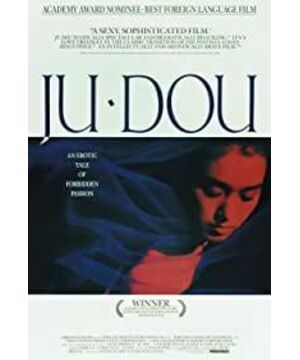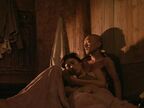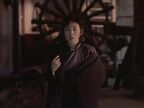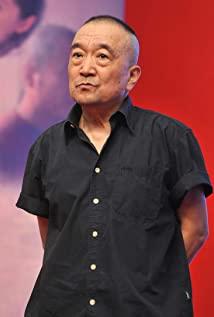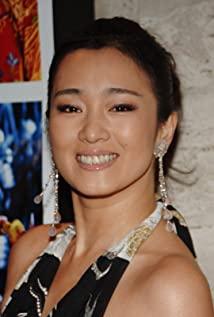Adaptation of the 1990s novel "Fuxi Fuxi"
The consistent main line: the suppression and distorted release of people's normal passions.
Liu Heng's works are inseparable from food and sex. When this work was released in the 1990s, there was a lot of controversy, and there are still such disputes today.
Sexuality is also normal. Even Du Liniang, who is the long guard in the boudoir, sees the spring in the garden and thinks of the love between men and women as natural. Sexual desire is destroyed and suppressed, and so is the long-term worker Tianqing. The two are sympathetic to each other, and naturally they can come together.
Jinshan is a typical small handicraftsman, and he is almost a negative character in the screenwriter's pen. He represents the outdated and backward feudal patriarchal system, the ignorance and cruelty of small producers, disregarding women's right to live and personal dignity, and doing his best to suck the marrow out of Tianqing. The only thing he can do is occupy a cheap or even unpaid labor force in the name of his adopted son.
Tian Qing was also a victim of the patriarchal system. He was a victim, but he couldn't get out of this fence. The weakness and timidity in his nature became his fatal wound, and he didn't dare to fight or resist.
Compared with Tianqing, Judou has a more rebellious spirit. She did not succumb to the women's morality and etiquette at that time, dared to fight for her rights, dignity and the life of her dreams, and took the initiative to act for it. The author has a positive meaning for this kind of rebellion. Yes, but the author is not entirely sure about the character Judou.
Like Flaubert's Madame Bovary, excessive sensuality means playing with fire.
Jinshan has no sexual ability but occupies three women, Changqing wants to start a family but has no money, this is the inequality of the times, the suppression of patriarchal etiquette makes the incoherent love between aunt and nephew can only develop abnormally, although in It seemed to them that this was a normal thing for a husband and wife, but in the worldly eyes of the time, it was immoral and unreasonable. Therefore, the root of this tragedy lies in the social system and patriarchal concept at that time.
Tianbai, this character seems to have the perspective of a god. When he stopped the coffin, he watched his mother and father act with a blank expression. His thoughts always belonged to the patriarchal concept. Son, not the son of a long-time worker, he understands the importance of identity, and he is willing to kill his father for this, so he is also a young victim under the patriarchal concept.
In fact, the distortion of the character Tianbai is also related to Judou's education, so I won't go into details on this aspect.
Finally, let's talk about the western color of Liu Heng's works. The era of Liu Heng's creation was a time when he reflected on the cultural roots of his own nation, and it was also a time when the color of Western literature flourished in the Chinese literary circle. In Fuxi Fuxi, he mercilessly criticized the old-fashioned ignorance of the feudal patriarchal system, and at the same time drew lessons from the West. The plot of the tragedy Oedipus, the death of his father in the sky, and the Oedipus complex (Tianqing Tianbai), also shows that the suppression of human nature and the unrestrained vent of human nature are equally inadvisable. Emma of France and Anna of Russia are examples.
View more about Ju Dou reviews


